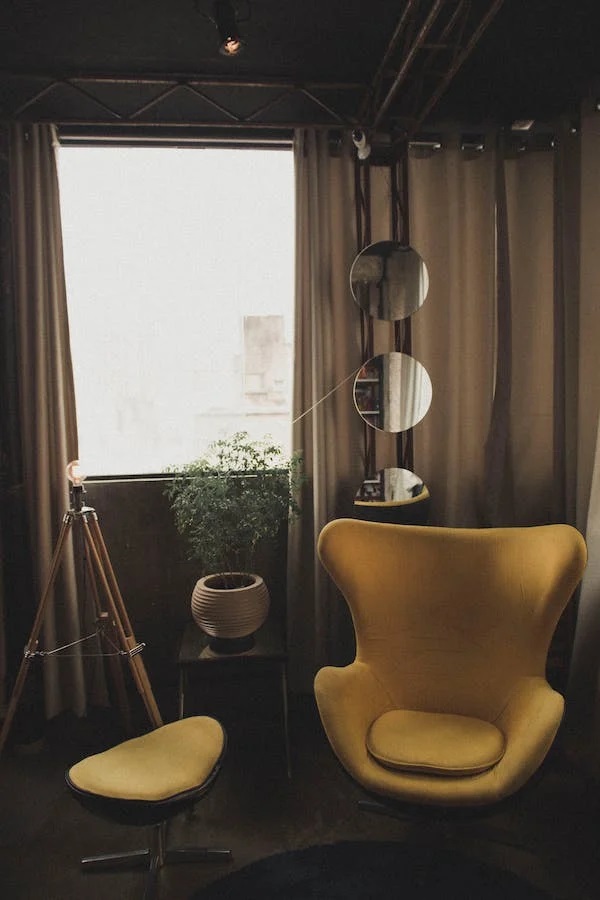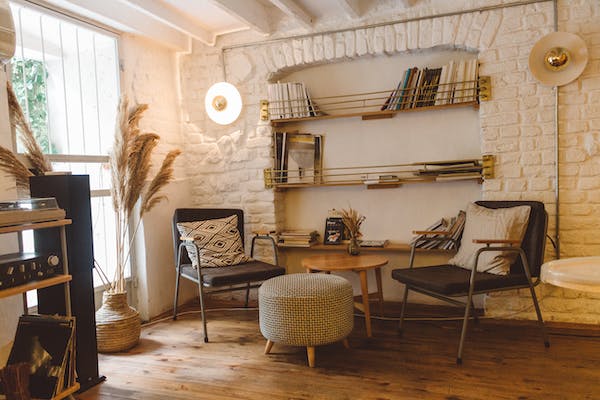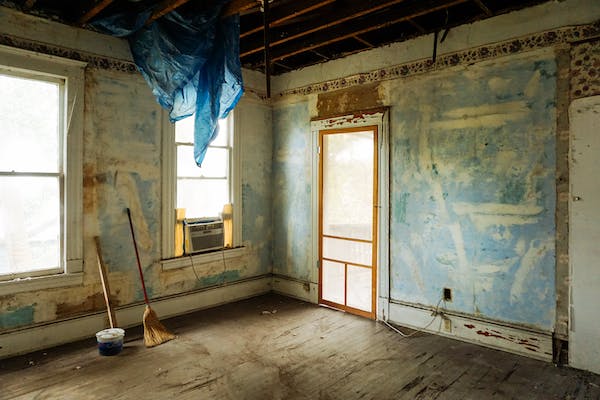Leasehold V Freehold : What’s The Difference?
Wondering what the difference is between a leasehold and a freehold? They are both ways of owning a property, but’s it’s important you understand the difference as it affects buying, owning and selling your home.
What’s in this guide
- What is a freehold?
- Owning a share of freehold
- Commonhold properties
- What is a leasehold?
- Charges for leasehold properties
- Management disputes
What is a freehold?
The freeholder of a property owns it outright, including the land it’s built on.
If you buy a freehold, you’re responsible for maintaining your property and land, so you’ll need to budget for these costs.
Most houses are freehold but some might be leasehold – usually through shared-ownership schemes.
Benefits of having a freehold
You don’t have to:
- worry about the lease running out, as you own the property outright
- deal with the freeholder (often known as the landlord)
- pay ground rent, services charges or any other landlord charges.
Owning a share of freehold
If your property is leasehold, you can buy the freehold from the freeholder along with other leaseholders – for example, other people living in a block of flats.
You can do this if at least half of the leaseholders agree to buy a share.
Doing this gives you more control over your home and the costs you pay out.
It also means you can extend your lease fairly easily for up to 990 years. To buy the freehold, you and the other leaseholders will have to serve a Section 13 Notice on the freeholder.
It might be expensive to buy the freehold. You and the other leaseholders will also need to set up a company to manage the building, or find a managing agent to do it for you.
Commonhold properties
Commonhold is an alternative to long-term leasehold. Owners of the properties that share a lease can form a commonhold association, which owns the land, building and common areas and is responsible for the management, maintenance, repair and servicing of them.
Like a leasehold, owners are responsible for their individual flats or houses. But, unlike leaseholds, there is no time limit for how long you can own the property.
Anyone who owns a freehold in the building or estate is entitled to participate in the running of the commonhold association.
What is a leasehold?
With a leasehold, you own the property (subject to the terms of the leasehold) for the length of your lease agreement with the freeholder.
When the lease ends, ownership returns to the freeholder, unless you can extend the lease.
Most flats and maisonettes are owned leasehold, so while you own your property in the building, you don’t have a stake in the building it is in.
Some houses are sold as leaseholds. If this is the case, you own the property, but not the land it sits on.
Buying a leasehold
When you buy a leasehold property, you’ll take over the lease from the previous owner.
So before making an offer you’ll need to consider:
- how many years are left on the lease
- how you’ll budget for service charges and related costs, including any future increases that are written into the contract
- how the length of the lease might affect getting a mortgage and the property resale value.
How important is the length of a lease?
When buying a leasehold property, it is important to consider the length of the remaining term of the lease. As time goes by the value of the property is affected by the diminishing term of the lease which could make the property more difficult to sell.
Typically it is a good idea that the lease has at least 80 years remaining or you might struggle to get a mortgage.
Extending the lease
You can ask the freeholder to extend the lease at any time.
And once you’ve owned your home for two years, you have the right to extend your lease by 90 years, as long as you are a qualifying tenant.
Usually, you will be a qualifying tenant if your original lease was for more than 21 years.
The freeholder will charge for extending the lease. The cost will depend on the property.
If you and the freeholder can’t agree on the cost of extending the lease, you can appeal to the Leasehold Valuation Tribunal.
You might need to hire a solicitor and surveyor, which will add to the cost.
Charges for leasehold properties
If you own a leasehold property, you don’t own the land. This means the freeholder is, normally, responsible for the maintenance and repair of the building.
The freeholderwill do this or get a managing agent to do it for them.
However, the leaseholders share the cost of this by paying a service charge to the freeholder.
You might also be asked to pay into a sinking fund, to help cover any unexpected maintenance work needed in the future.
Budget Planner
Use the Budget Planner to check you’ll be able to afford service charges on top of your mortgage payments.
Leasehold service charges
Service charges vary from property to property and are to pay for things such as:
- maintaining communal gardens
- electricity bills for communal areas
- repair and maintenance of exterior walls.
Make sure you’re aware of the service charges before you put in an offer on a property as it might affect whether you can afford to live there. The service charge on many properties will come with terms and conditions about how much they could rise by in the contract. Read them carefully to work out if they’re affordable.
If you own a leasehold property, the repairs and maintenance on your property are your responsibility.
But you’ll usually need to get the landlord’s permission to make any significant changes.
Other charges might include:
- ground rent
- administration charges
- buildings insurance (arranged by the landlord).
Factoring charges in Scotland
In Scotland, services charges are known as ‘factoring charges’.
These usually apply to flats with common parts or to properties in residential areas which have communal gardens or grounds.
Management disputes
Your rights as a leaseholder
As a leaseholder you have rights preventing the landlord from taking advantage of you financially.
For example, you can ask to see:
- a summary of what the service charges are being spent on
- how they’ve been calculated
- any supporting paperwork, such as receipts for work done.
The freeholder must also consult you:
- about any building work costing more than £250
- before doing any work lasting more than a year
- before doing any work costing you over £100 a year.
What to do if you’re unhappy with the property management
1. If you’re unhappy with charges or the way the property is managed, you have two options. The Right to Manage – this lets leaseholders take over some management tasks from the landlord without having to prove bad management. You’ll need to qualify, and set up a management company with the other leaseholders.
2. Apply to appoint a new manager – but you must prove bad management (unfair costs, breach of agreements).






